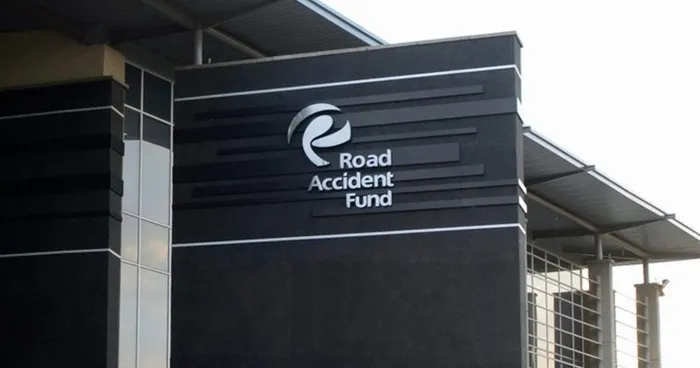Chaos marred RAF's direct claims strategy, says ex-manager

A former manager at Road Accident Fund revealed to the Scopa inquiry into the affairs of the entity how it abruptly halted direct claims by victims of motor vehicle accidents five years ago.
Image: File
A FORMER senior manager at Road Accident Fund (RAF) has detailed how hospital service consultants and administrative officials were assigned the responsibility of making people understand how to claim directly and the benefits of claiming without the assistance of lawyers.
She disclosed the details concerning the entity’s abrupt instruction to cease direct claims activities for motor vehicle accident victims when testifying at the Standing Committee on Public Accounts (Scopa) inquiry into the affairs of the RAF.
The inquiry started earlier this month to look into maladministration, financial impropriety, and misuse of public funds at the RAF.
Former acting litigation senior manager Christinah Mthethwa said she joined the public entity in 2014 as originations manager in Limpopo, when it actually implemented the direct claims strategy.
Mthethwa said some officials worked as hospital service consultants and administrative officials who collected information and checked compliance of the documents required for lodgement of the claims as part of managing the risk of escalation of compensation costs when settlement was reached.
Mthethwa also said they started with 22,524 direct claims in 2014, and the claims increased to 40,986 four years later, out of all claims lodged by motor vehicle accident victims.
“It might look like a small number, but it is big.”
According to Mthethwa, they were urgently called to a meeting and informed to stop all activities relating to direct claims and only assist victims if they came to their offices in January 2020.
“There was nothing in writing that we needed to stop direct claims, and we can assist with walk-ins.”
All this allegedly happened ahead of the termination of the panel in June 2020, when a new business model was introduced.
Mthethwa said she was asked to assist with the new business model and act as senior manager for litigation in the Johannesburg region despite being without a legal background or qualifications.
She found the Johannesburg regional office with piles of files waiting for the mandate to be signed to make offers for settlement and work to be done on medico-legal reports.
She said there was a shortage of officials, and the workload was too much amid the dismissals of officials.
“There were trial matters going to court, and there was no one to defend the matters. People were chasing what was coming on the table. If a matter was on trial, it got chased.”
Mthethwa added that she was given a list of officials who should be suspended in connection with default judgments and for failing to make requests for payment within 180 days.
“The transition and implementation created a huge gap because you have officials without a support structure,” she said.
Scopa Chairperson Songezo Zibi said the inquiry sought to assist with their oversight role and hoped that the observations and recommendations would be useful to the RAF, the Ministry of Transport, the government, and Parliament.
Cape Times
Related Topics: